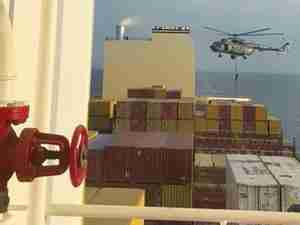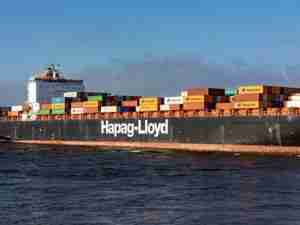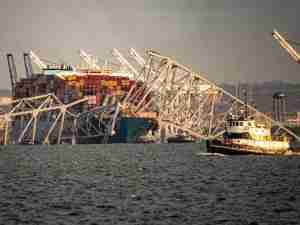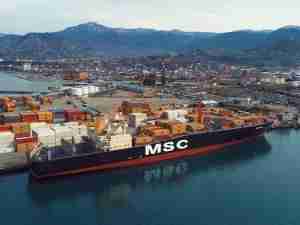Whilst unloading the M/V Tonghai, longshoreman Kirksey was severely injured by a falling four-ton steel coil, leading to amputation of his right leg above the knee. He sued both vessel owner and charterer, both UK Club members, in federal court in Texas, before a highly sympathetic judge.
Under the Longshore and Harbor Workers Compensation Act (LHWCA), an owner has a duty to ensure that he turns over his ship and equipment in a condition whereby an experienced stevedore can perform his job in reasonable safety. He must warn the stevedore of latent or hidden dangers, take reasonable care to avoid negligence and exercise a limited duty to intervene.
Although the cargo stow, which had shifted during the voyage, had arrived in port in a condition showing open and obvious hazards, the judge in the initial trial ignored this fundamental defense, accepting Kirksey's argument that the stow was 'unreasonably dangerous' and that he should have been warned about it. The judge awarded Kirksey $1.9 million damages.
The UK Club felt compelled to appeal this case as the plaintiff's claim would set precedents for further suits from longshoremen. If the judge's opinion and ruling were allowed to stand, one of the fundamental liability defenses provided by LHWCA----that the hazardous condition of the cargo stow should be open and obvious to a stevedore----would lapse. This would effectively resurrect the strict liability regime for ship owners that had been abolished by LHWCA.
The UK Club's Bodily Injury team worked closely with counsel in crafting the appeal on behalf of charterer and owner. The Fifth Circuit agreed that the judge's decision could not stand, concluding that owner and charterer had no obligation to warn of a stow danger that was open and obvious.









